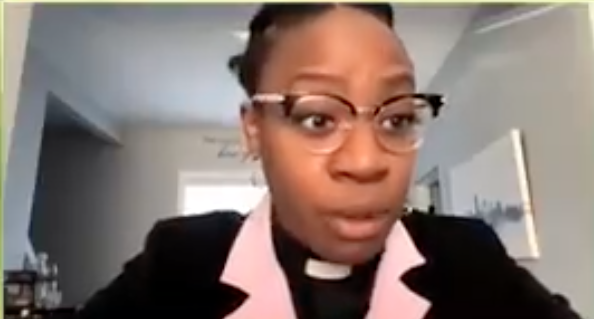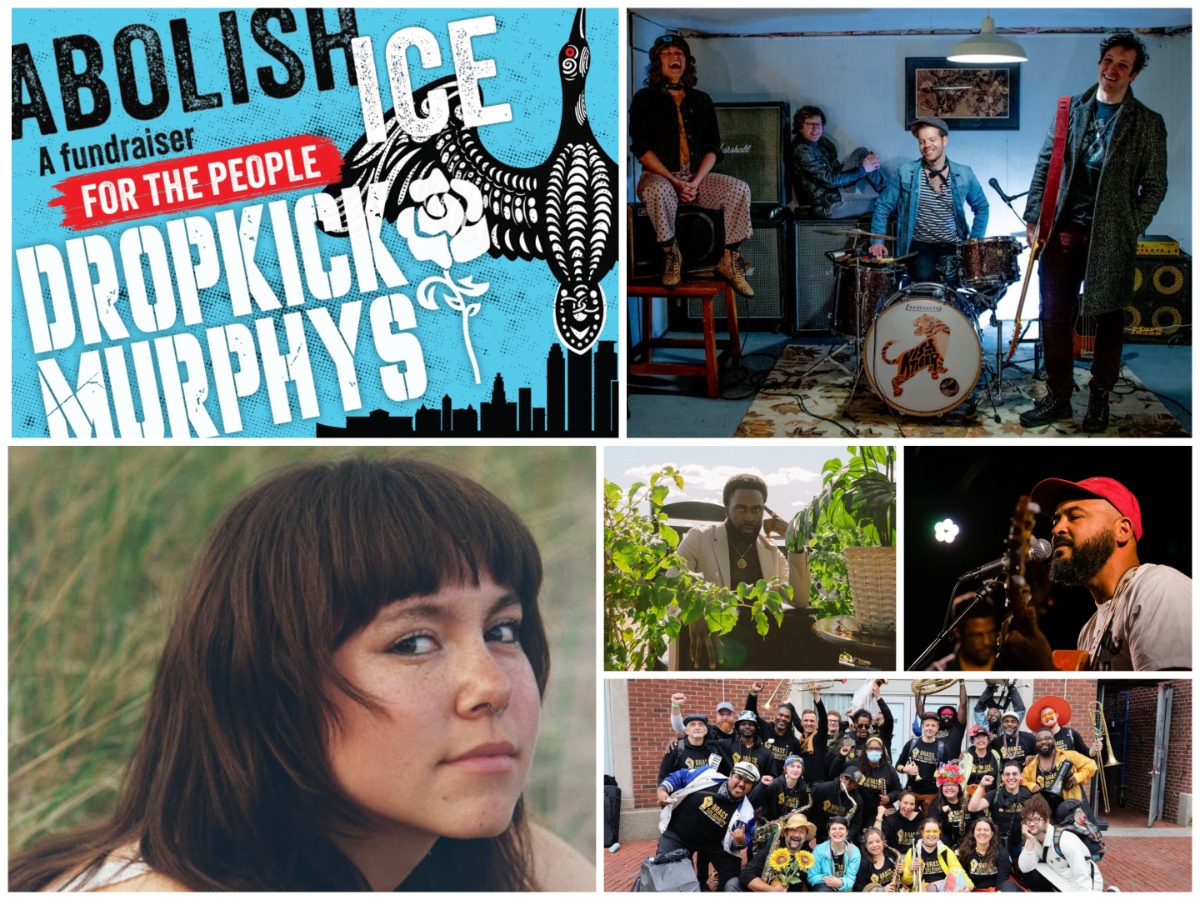The long, arduous debate over the future of policing in Minneapolis finally looked set to go to the ballot this Friday—480 days after former Minneapolis Police Officer Derek Chauvin murdered George Floyd.
In April, after months of door-knocking to collect over 22,000 signatures, the Yes for Minneapolis campaign submitted a petition to allow voters to have a direct say over what has become the principal question: Should the Minneapolis Police Department be replaced by a larger Department of Public Safety—one that would include (but not be limited to) police officers, and report to the City Council as well as the mayor? (Here's a helpful explanation of what the proposed charter amendment would and wouldn't do.)
But as has often been the case when it comes to Minneapolis’s post-Floyd reckoning with racism and policing, what could have been a relatively straightforward civic process instead stalled in what can reasonably be described as a bureaucratic shitshow.
On Tuesday night, Hennepin County Judge Jamie Anderson intervened with her third ruling on the language of the ballot measure, issuing an injunction after deeming the question “unreasonable and misleading” as phrased. Yes for Minneapolis has appealed to the Minnesota Supreme Court, which agreed to hold an emergency hearing.
As of publication, it’s not clear if voters will be able to have a say on the public safety ballot measure (number 2) at all. (The court issued a brief ruling this morning saying that election officials do not need to give voters a notice saying their votes on the question will not count, reversing part of Anderson's order.)
We do know that there will be yet another protest, in the form of a rally the Yes for Minneapolis campaign is organizing on Friday at 3 p.m. in front of the Hennepin County Government Center downtown.
Following the decision, Rev. JaNaé Bates, a spokesperson for Yes for Minneapolis, spoke to the frustrations felt by supporters of the ballot question.
“We went through every valid process, we ticked off every box. We did exactly what they told us to do. And then people with power and money said, 'No, we’re going to take that from you. That is a problem.' And I believe wholeheartedly that the people of Minneapolis across race, region, income, gender, even political ideology, recognize when something is being stolen from them.”
I asked JaNae' Bates of @Yes4Minneapolis if the judge's ruling would impact people's faith in the democratic process:
— Jared Goyette (@JaredGoyette) September 15, 2021
"We went through every valid process, we ticked off every box. We did exactly what they told us to do. And then people with power and money said no." pic.twitter.com/zWLmIOFwoZ
Judge Anderson’s decision, which stated that the third version of the ballot question “does not ensure that voters are able to understand the essential purpose” of the proposed charter amendment, raised objections by many residents and commentators. Local writer Naomi Kritzer pointed out numerous past ballot questions that were far less clear than the now-three-times-rewritten question but were routinely approved.
Former Minneapolis Mayor R. T. Rybak made a similar point.
“Regardless of where people stand on Minneapolis’ public safety amendment, the judge’s stand is downright bizarre. This amendment is no more confusing than many we vote on and ruling at this date makes it worse. Let’s vote,” he wrote.
Former City Council member Don Samuels, who lives in the Jordan neighborhood on the North Side, brought the suit to challenge the ballot question along with his wife, nonprofit CEO Sondra Samuels, and developer Bruce Dachis, the other plaintiffs in the suit.
According to Samuels, efforts by Minneapolis Mayor Jacob Frey and the City Council to refine the language of the question last week did not go far enough. The finalized text rejected by the judge says the new department of public safety would include police officers “if necessary,” two words that he believes should have been removed.
“Don't keep the language vague so we can get a vote on vague language—that's not fair to the voter. And that's what we've been saying ... Come on, guys, be honest, are we going to have police or not?”
For her part, Bates believes whether there will be police is not in question.
“There is zero chance that there would be no police. There are state statutes that mandate that police respond to certain situations. No city charter would undermine that. And that would never and has never been and will never be the intention of this campaign.”
As of now, the question remains on the printed ballots, but the fate of the proposal itself awaits the Supreme Court's decision.
During the Chauvin trial in April, the government center, then surrounded by barricades and barbed wire, was the site of daily protests calling for systemic changes to policing. On Friday, those protests will resume.
“We want to be clear. This should not happen, this cannot happen. Most certainly, Yes for Minneapolis is taking this to the Supreme Court, but even more so, we are taking it to the streets," Bates said.
UPDATE: On late Thursday the Minnesota Supreme Court reversed the lower court decision and ok'd the ballot language. So the mood at the rally might be a little more upbeat than expected.






